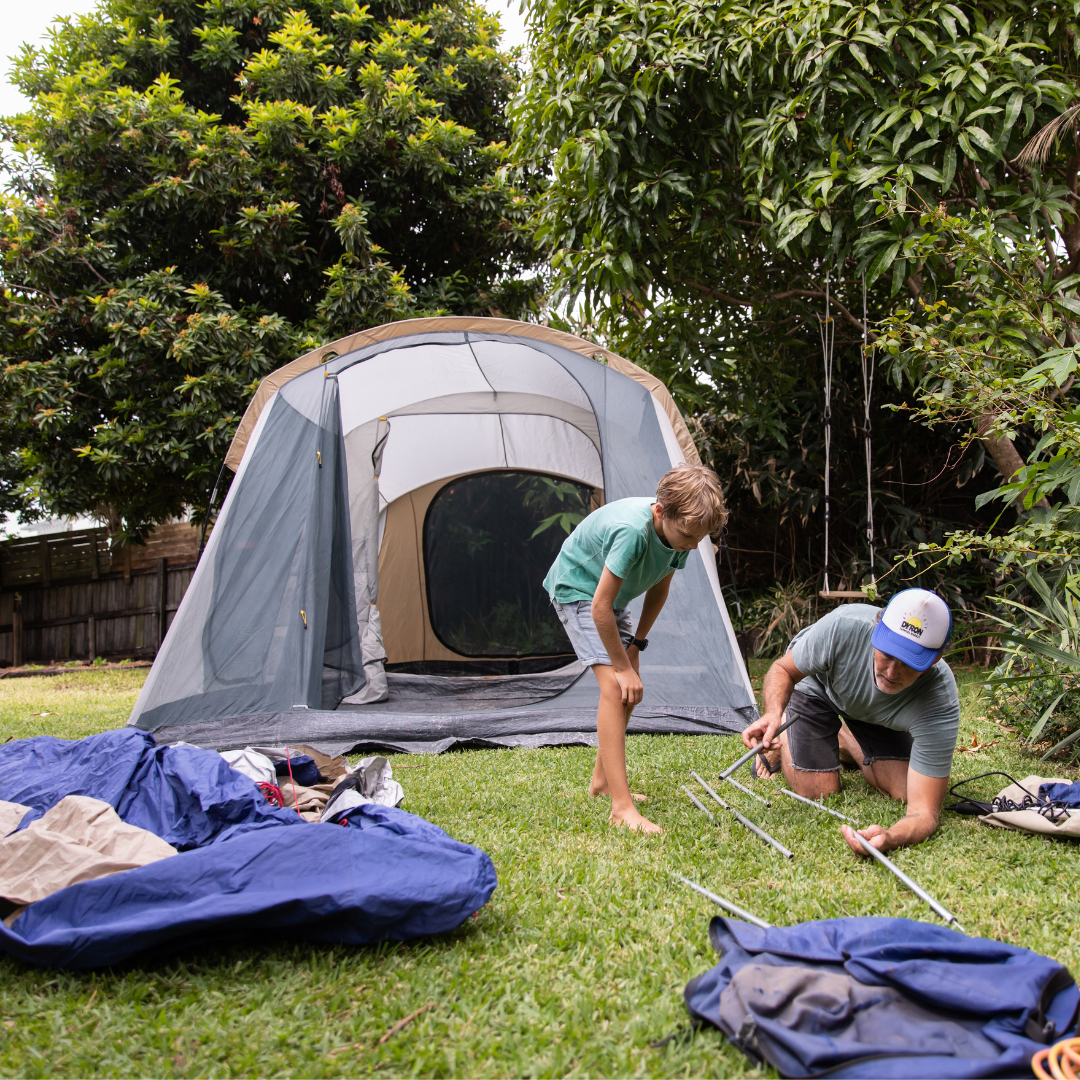Part 1: The Power of Preparation
Embarking on the journey to boarding school marks a momentous milestone in your child's life, one that can trigger a whirlwind of emotions - from eager excitement to nervous anticipation. As a parent, it is your job to ensure that they step into this new adventure well-prepared, both in practical and emotional terms.
Part 1 of our blog offers invaluable tips that you can incorporate into your summer break routine at home, ensuring your child is well-prepared for their transformative journey ahead. By following these straightforward steps, you can help build resilience and self-confidence, laying a solid foundation for their academic and personal success once they set foot on campus.
And in Part 2 – coming soon – we will provide a comprehensive packing checklist to ensure your child has everything they need to hit the ground running at their new home away from home.
Here's to an unforgettable experience filled with growth, friendships, and success!
Build Emotional Resilience
As their first solo venture away approaches, mixed emotions may start to swirl in your child’s head. They may feel excited about the year ahead but also apprehensive about leaving home and making new friends. Here are some positive steps you can take to ease concerns.
Foster Open Communication: Encourage your child to express their feelings and worries about boarding school. Address any anxieties they might have and provide reassurance and support.
Encourage New Connections: Where possible, help your child connect with incoming classmates in person or in group chats. This advance contact will create a sense of community ahead of move-in day.
Maintain Old Connections: Assure your child that you'll always be there for them and that they can maintain connections with family and friends through phone calls, FaceTime chats, and letters (yes, the art of letter-writing still exists!)
Foster Independence: Encourage your child to take on more responsibilities at home, such as managing their own schedule and organizing their belongings. This will help them feel more confident handling tasks independently once they get to campus.
Use Positive Reinforcement: Highlight the positive aspects of boarding school, such as the opportunity to explore new interests, make friends from diverse backgrounds, and experience personal growth.
Pack Smarter
Once you’ve taken care of your child's emotional preparation, it's time to tackle the physical aspect of packing. Apart from being as practical and organized as possible, our biggest recommendation is to avoid overpacking. Here are some tips to keep in mind:
School-specific Guidelines: Contact your child’s school for their tailored packing list to ensure you don't miss any essential items. Also, carefully read through the uniform and dress code guidelines in the Student Handbook. And if your child is an athlete, check with the Athletics Department to ensure they have all the correct equipment.
Quality over Quantity: Focus on buying durable, high-quality items that will last. This will save you money in the long run and ensure your child has reliable belongings.
Label Everything: Invest in labels or permanent markers to mark your child's belongings to prevent mix-ups and loss.
Clothing Essentials: Pack a combination of school uniforms or dress code-compliant outfits, casual and formal wear, and appropriate clothing for extracurricular activities and seasonal weather conditions.
Prescription Medications: If your child takes any form of regular prescription medication, be sure to check with the school’s health center to learn more about their prescription medication policy.
Laundry Supplies: Provide your child with detergent, stain remover, a hamper, and a laundry bag to encourage responsibility for their laundry needs.
Storage & Organization: Consider providing storage solutions like under-bed storage containers and closet organizers to keep their belongings tidy.
Electronics & Entertainment: While limited screen time is encouraged, a laptop, headphones, and a few comfort items from home can ease the transition.
KQ - A Guiding Voice
Looking for guidance on boarding school options? KQ can help. We offer advice on boarding school options nationwide, from big to small, single gender to coed, athletic to arts focus, close by to distant: we’re here to guide you on them all! Contact us at 203-987-5602 or email us to learn more about our services. We can’t wait to hear from you!


































